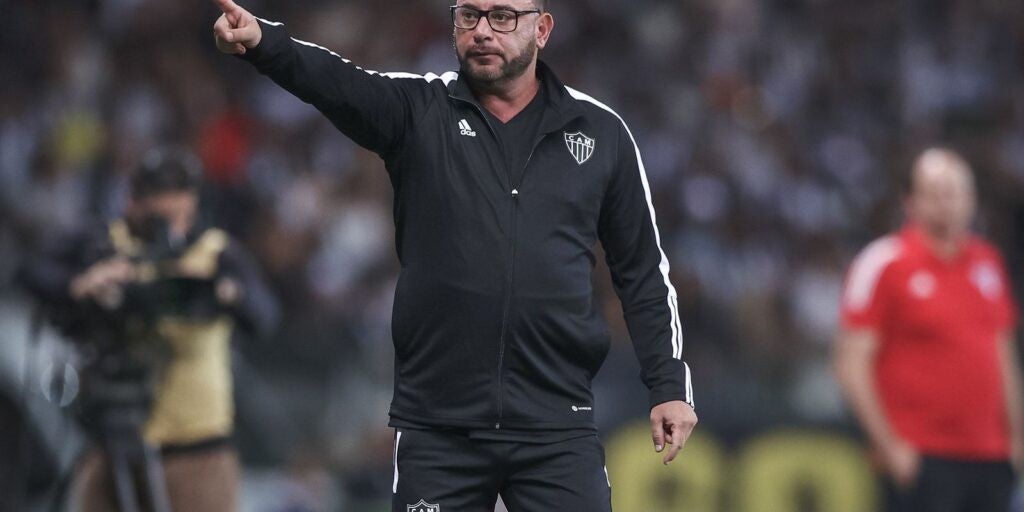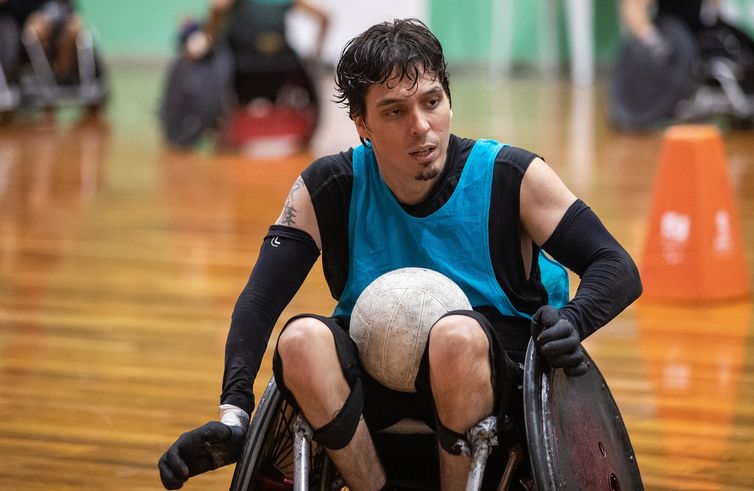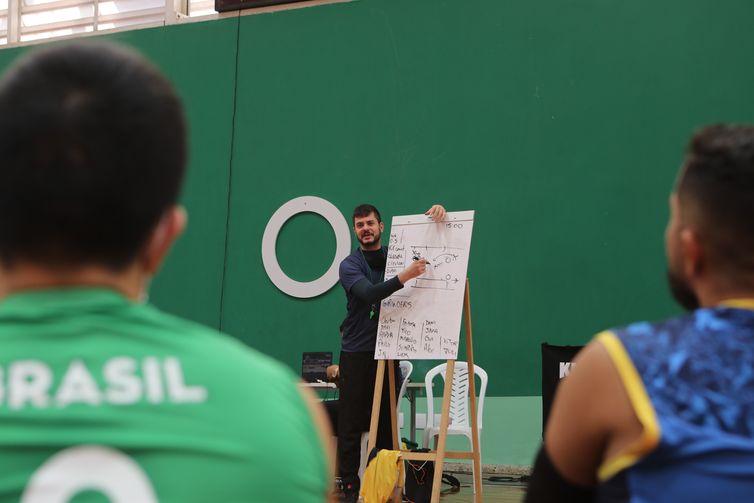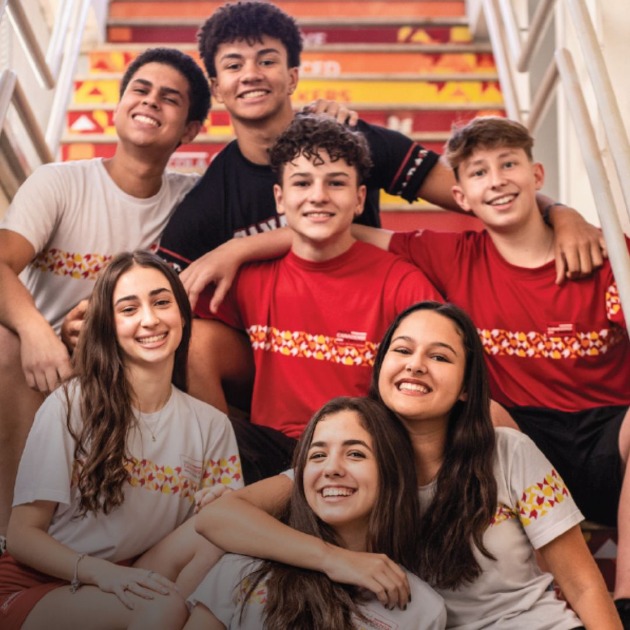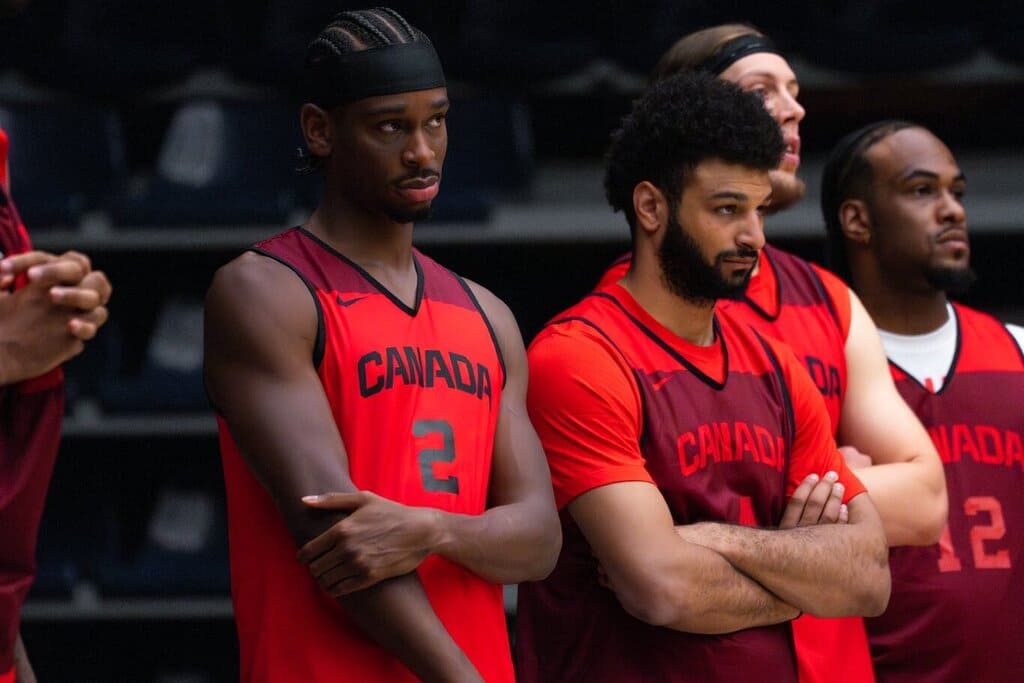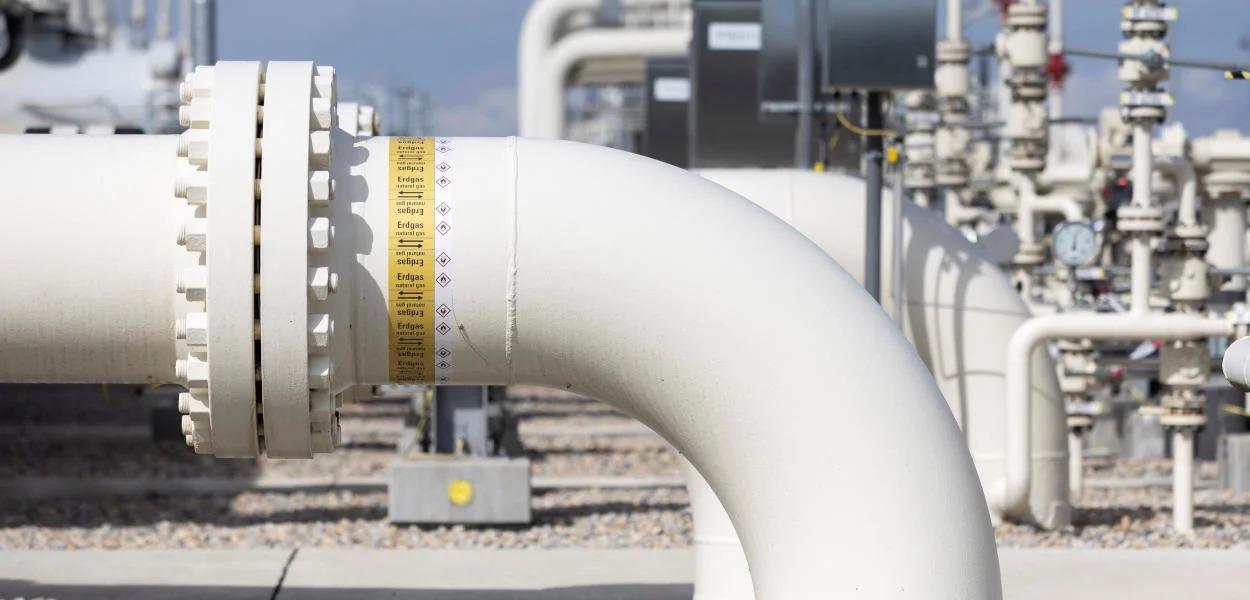At the Paralympic Games in Tokyo (Japan), Brazil was represented in only two modalities: basketball and wheelchair rugby. For both, however, the Paris (France) cycle started well, with the classification of the selections at the respective World Championships. In the case of rugby, it will be the Brazilian debut in the eighth edition of the event.
The competition will take place in Velje (Denmark), from October 8th to 17th. The team will have a final stage of preparation, at the Paralympic Training Center (CTP), in São Paulo, between September 10 and 16, the month following the holding of the Brazilian Championship – first and second divisions – of wheelchair rugby , August 15th. at the 17th, also at the CTP.
Unprecedented World Cup came with third place at the Championship of the Americas, held in Medellin (Colombia), in March. In the first phase, the Brazilians beat Chile (62-8) and Argentina (65-32) and were beaten by Canada (33-57), the United States (38-60) and the hosts (39-45). In the semi-finals, the selection again failed to resist the Canadians (35-52), but managed to resume the match with the Colombians in the dispute for bronze, carrying the hosts 54-52. The same ones that, in 2019, left Brazil off the podium at the Parapan American Games in Lima (Peru).
“In September, return [do auge] of the pandemic, we made a selection with 42 athletes. We called 21 of them for a preparatory tournament in Colombia, until we closed on 12 names. It was a difficult process, especially due to the return of the pandemic. Many athletes, from different regions, did not have a field to train, due to sanitary barriers. We went to the Copa America with high expectations, but with a plan aimed at the best physical condition for the bronze match”, described Rafael Gouveia, coach of the Brazilian team, to Brazil Agency.
“We have always fought with Colombia as the third power in the Americas, so we knew we had a chance. We did specific work with them, who would be our direct adversaries [pelo terceiro lugar e a vaga no Mundial]from Canada [país onde surgiu o rugby em cadeira de rodas] and United States [prata em Tóquio e maior campeão mundial, com quatro títulos] They were a level above. We had more physical preparation, more hours of training and the group became more coherent”, amended captain Guilherme Camargo.
The Medellin campaign was also marked by the death of Luiz Claudio Pereira, former president of the Brazilian Wheelchair Rugby Association (ABRC). A former Paralympic athlete in the shot put, throw (javelin and discus) and pentathlon, as well as the country’s fifth Paralympic medalist (nine in all, six gold medals), he was the head of the delegation to Colombia and the trip would mark the end of the cycle in the entity. Luiz Cláudio’s death came the day before his debut in the Americas Championship.
“[O falecimento] It shook up the psychology of the group a bit, but at the same time, we were very mature. We were able to close and strengthen ourselves. We were in contact with his relatives, who asked us to continue playing. We promised to bring the medal, which was his wish. We did our job and kept the promise,” remembers Guilherme.
“There were several problems during the trip. Loss of suitcase, damage to equipment, we missed training because of this delay and then death. High psychological damage, but the group valued the medal even more, bought the strategy and had a very positive behavior in the face of adversity, “said Rafael, who took over the selection last April, through an open selection process. by ABCR. , by public notice.
Brazil were drawn into Group B of the World Cup, in the same bracket as Australia, Japan (current champions and bronze in Tokyo), Canada, Colombia and hosts Denmark. In Group A were Great Britain (current Paralympic champions), the United States, France, New Zealand, Switzerland and Germany. The first two in each bracket advance to the semi-finals. The teams that occupy the third and fourth places will face each other in a knockout for the fifth position, while the teams that are in the bottom two of the respective groups will face each other for the ninth place of the championship.
“The key is not the simplest. Being very realistic, our expectation is to fight for fifth place [geral]. If we finish third or fourth in the group, depending on Canada’s results, we can cross paths with Germany, New Zealand or Switzerland, countries that we are focused on winning. The top 5 at the Worlds brings another perspective, ”analyzed the captain of Brazil, currently ninth in the world wheelchair rugby rankings, the international federation of this sport.
“In the week of [treinamentos de] April we are doing tests to see all body composition [dos atletas], fat mass and lean mass, speed and resistance tests. Now knowing the adversaries [o sorteio foi no último dia 7 de julho]we are preparing material on each game. We will have meetings on line arrive in September knowing what to face in training. we will travel earlier [para a Dinamarca]to adapt to the time zone, train and play friendly matches and arrive at the tournament on tiptoe,” described the Brazilian coach.
To Paris
The World Cup is the first step towards Paris, as the winner secures an early place for the Games. The next opportunity will be at the Parapan in Santiago (Chile) next year, which qualifies the gold medalist for the Paralympic Games – if the same team is world champion, the second takes the place. For Brazil, arriving in France would be historic, as the only Paralympic participation was in 2016, in Rio de Janeiro, as host country.
In the Tokyo cycle, the Brazilians played, in March 2020, the world repechage in Vancouver (Canada). The tournament featured seven teams, in a consecutive points system, in which the top four qualified for the semi-finals and the two runners-up qualified for the Games. However, the selection did not resist the Swiss, Germans, Canadians, French, Colombians and Swedes.
“These are two very different cycles. [Tóquio e Paris]. We have implemented a new preparation, also focusing on the tactical part of the opponents and implementing the new technologies offered by the Paralympic TC. I think we’ve done a better, broader job with professionals from more fields and long-term thinking. This made the difference for the results and the psychological preparation to be better, with more confidence”, analyzes Guilherme, injured in the spinal cord in 2007 after a car accident and who has been defending the wheelchair rugby team for 13 years.
“We have very good athletes functionally, but in a very professional reading we were pretty predictable tactically. We started with a slightly larger number of tactical variations and sought to empower athletes to build another line [formação] and have an alternative to the excessive speed that the away teams have. we do it Scout [análise estatística] of all the practices and games, we come to a level of numerical and visual detail. Brian [Muniz, ex-jogador da seleção norte-americana e técnico do Brasil entre 2009 e 2010] and Tomasz [Bidus, ex-capitão da Polônia], our assistants, are very good in this educational part and our model is growing. I think bronze [na Copa América] it gave us greater security to do the job,” concluded the technician.
modality
Wheelchair rugby is practiced by men and women, without breakdown by gender, quadriplegics or with a high degree of physical and motor disability. Competitors are divided into seven classes, ranging from 0.5 to 3.5, varying every half point. The lower the category number, the greater the handicap. The sum of the classes of athletes on the field (four per team) cannot exceed eight.
The game has four eight-minute periods and is played on a basketball-sized field (15 meters wide by 28 meters long). To score, athletes must cross the opponent’s goal line with both wheels of the chair and the ball (which resembles volleyball) in hand.

“Pop culture fan. Coffee expert. Bacon nerd. Infuriatingly humble communicator. Friendly gamer.”

